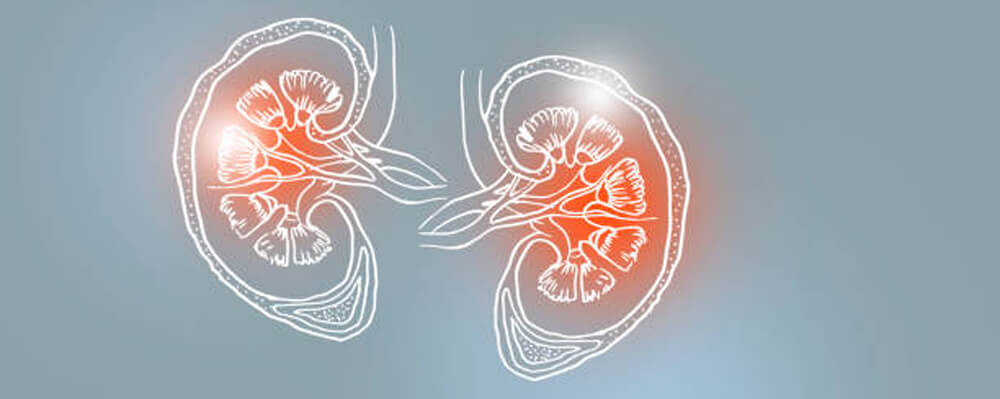MYTH 1: A kidney transplant is significantly more expensive than dialysis.
FACT: It depends on how you calculate. Transplant surgery can be a one-time solution for renal failure while dialysis is necessary for the whole of a patient's life. When the costs of recurring dialysis are weighed against the one-time expense of a kidney transplant, the transplant is the superior option.
MYTH 2: Is it true that most kidney transplants fail?
FACT: Worldwide, a kidney transplant has a 92-95% success rate, with a live transplant having a better success rate than a cadaver. The failure rate for kidney transplants at our Hospitals is less than 5 % due to the experienced nephrologist-urologist team, excellent infrastructure, and 24 x 7 allied specialties backup. Also, long-term success and failure depend upon post-transplant care. Those who undergo a kidney transplant, often live longer lives than those who remain on dialysis. A living donor kidney lasts 12 to 20 years on average, while a deceased donor kidney lasts 8 to 12 years.
MYTH 3: I would be too weak to care for my family after a kidney transplant.
FACT: With proper care, nutrition, regular medications, and follow-up, a person may restore their strength and lead a perfectly normal healthy life while caring for their family. Donating a kidney has no negative impact on a person's productivity.
MYTH 4: I cannot become pregnant after a kidney transplant.
FACT: female can become pregnant 3 -6 months after a kidney transplant.
MYTH 5: will not get kidney disease following the transplant.
FACT: Renal illness can develop even after a kidney transplant. A strict diet, adequate hygiene, post-surgery, frequent exercise, and regular visits to nephrologists are necessary to avoid renal disease or any other infection at bay.
MYTH 6: I won't be able to live a normal life after a kidney transplant.
FACT: A successful kidney transplant may allow you to live longer and enjoy the same quality of life you had before with renal disease. There are fewer limitations on what you can do for many individuals.
MYTH 1: A kidney donor would have to rely on medicines for the rest of their life due to long-standing health conditions.
FACT: To help in recovery, a donor will only need to take medicine for a brief period following surgery. All donors are subjected to a rigorous medical examination and close monitoring.
MYTH 2: After surgery, a donor will be placed on bed rest.
FACT: A donor will be able to walk independently before being discharged from the hospital.
MYTH 3: A donor will be subjected to dietary restrictions.
FACT: There are no special restrictions, and the basic concept of a healthy, balanced diet also applies to the donor.
MYTH 4: A kidney donor cannot participate in outdoor activities.
FACT: The donor can resume his normal athletic and exercise routines 4-6 weeks following surgery.
MYTH 5: Elderly citizens are unable to donate kidneys.
FACT: Any adult over the age of 18 who is in good health and satisfies the medical requirements can donate; there are no age restrictions.
MYTH 6: Kidney donors are more likely to develop renal disease.
FACT: This is just partly right. While they are more vulnerable to illnesses than healthy non-donors, they are less likely to contract them. The anticipated risk of kidney failure 15 years after the donation is three donors per 1,000. Donors had a lower rate of kidney failure than the general population (0.9% vs. 3.26%) but had a 0.14% higher lifetime risk than nondonors. If a donor is ever in need of a kidney, his or her name will be placed first on the list.
MYTH 7: Donating a kidney is a risky operation
FACT: Most donors spend 3-4 nights in the hospital and can return to work within 2-3 weeks. Although there are risks associated with any major procedure, the likelihood of problems following a donation is low.
Dr Shyam Varma is a Consultant Laparoscopic/ Robotic Urologist & Renal Transplant Surgeon. He has over 15 years of experience in successfully treating complex urological diseases. His expertise includes diagnosing & treating Kidney stones, prostate enlargement, prostate cancer, kidney cancer, bladder cancer & incontinence, male infertility & erectile dysfunction.


